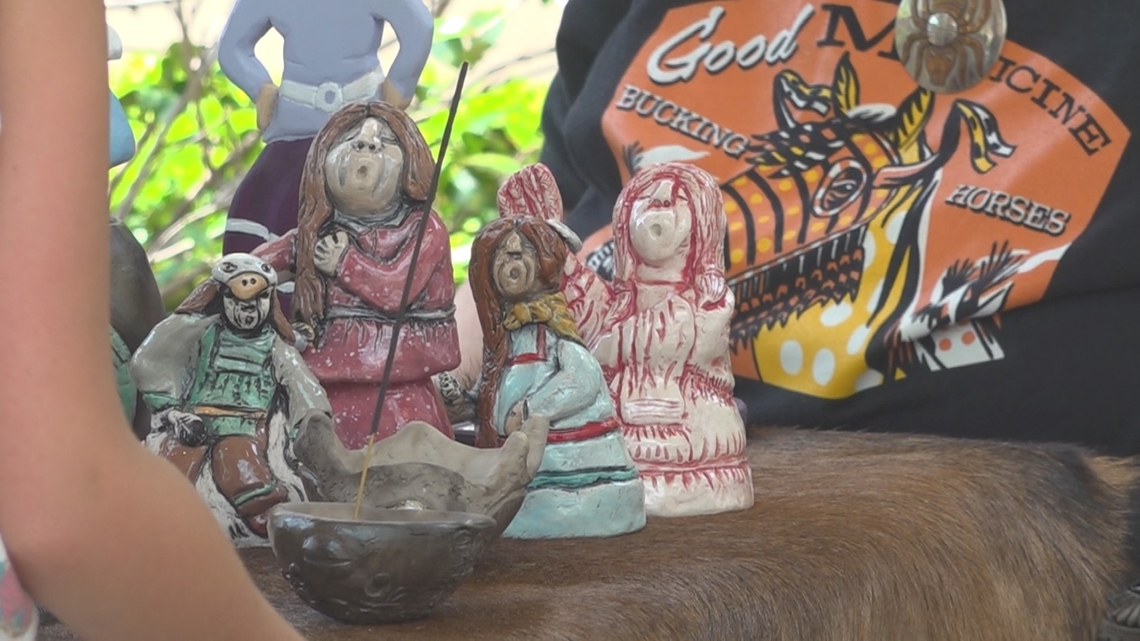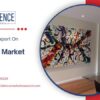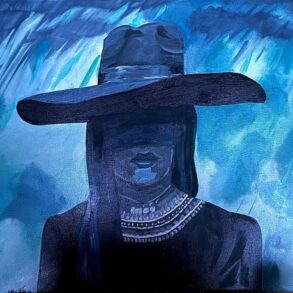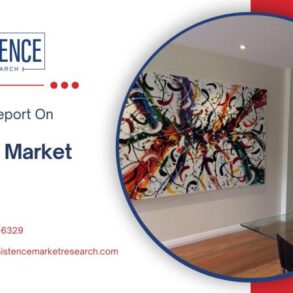
The pop-up market on Boyd Plaza featured woodworking, jewelry, children’s books, Indigenous food and storytelling.
COLUMBIA, S.C. — The first South Carolina Native American Art Gathering and Market was held at the Soda City Market.
The Columbia Art Museum, along with the state’s Commission for Minority Affairs, hosted an event where Indigenous artists and community leaders showcased different aspects of Native American traditions.
“We have kind of a hidden history that you end up discovering, and I think it’s just very good and very educational,” Joshua Shumak said.
Shumak is the state’s Native American Programs Coordinator with the Commission for Minority Affairs. He said the event aims to raise awareness about the traditions and continued existence of the state’s 10 recognized tribes.
“It’s important for the public to be aware because, a lot of times, the tribal population in South Carolina is very, very small — like a percent — so, there needs to be help from the general public,” he said. “And just the awareness that there are these nations that are still in existence, that are still working to thrive, and they’re your neighbors; they’re in the general public.”
On Saturday, the pop-up market on Boyd Plaza featured woodworking, jewelry, children’s books, Indigenous food and storytelling. Inside the museum, visitors could see a unique featured exhibit.
“Un(settled) The landscape in American Art is kind of a look at what it means to be American from the perspective of landscapes and, so, not only your traditional, like, paintings of mountains and rivers, but also how we — our relationship with the land — how we treated the land, and the history of that since we became a country and before,” Wilson Bame with the Columbia Museum of Art, said.
Lisa Collins, the Chief of the Wassamasaw Tribe of Varnertown Indians, said this exhibit has been educational for visitors.
“A lot of people did not know or did not understand the impact of how settling and colonization have impacted our communities — how we have adapted; how we are still here and thriving and still trying to preserve our ways of life,” she said. “I think that has been very eye-opening for people who have come out to visit.”
Museum officials say the featured exhibit will be open until Sept. 8 and is free for guests.
This post was originally published on this site be sure to check out more of their content




